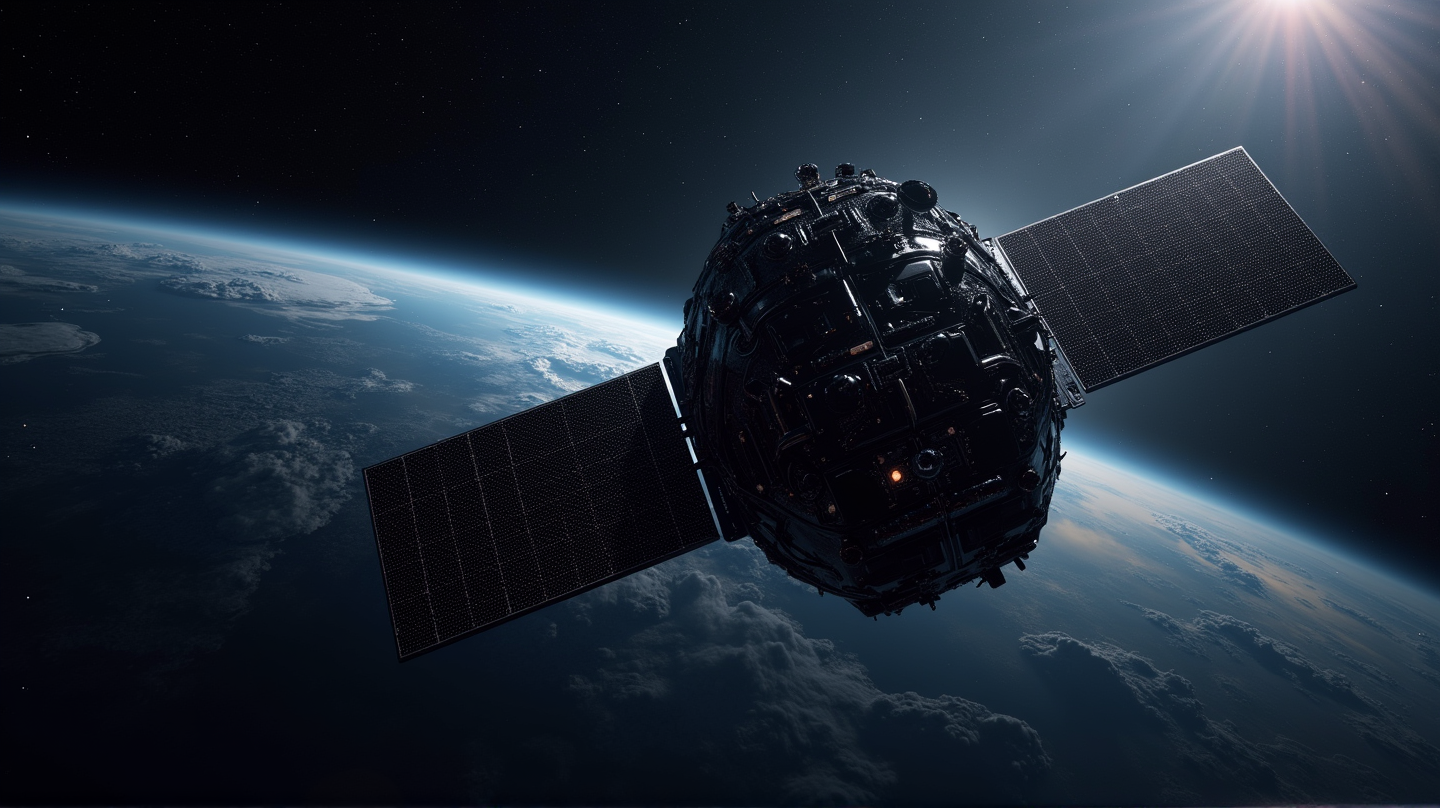Ultra-Dark Vantablack Satellite to Combat Light Pollution
The UK's CubeSat with Vantablack aims to reduce light pollution from satellite megaconstellations.

A revolutionary advancement in satellite technology is on the horizon as researchers from the U.K. plan to launch a CubeSat coated in ultra-dark “Vantablack” paint into space. This groundbreaking initiative aims to address the increasing issue of light pollution caused by the expanding presence of satellite megaconstellations.
Why This Matters
Light pollution from shiny metal satellites has become a significant obstacle for astronomers. As stated in Live Science, the rapid growth in satellites, especially with the rise of private megaconstellations like SpaceX’s Starlink, poses challenges that could, if unchecked, drastically interfere with cosmic observations.
The Vantablack Solution
Researchers believe the ultra-dark Vantablack coating may offer a viable solution. By absorbing 99.965% of incoming light, this material has the potential to mitigate the unwanted reflections that disturb astronomical studies. The project is managed by the Joint Universities Programme for In-orbit Training, Education, and Research (JUPITER).
Challenges in Space
However, combating light pollution is not the sole task at hand. Even as satellites become less reflective, they continue to emit radio pollution and contribute to debris in low Earth orbit (LEO), situations that require further exploration and solutions.
A Step Towards Sustainable Space
The upcoming launch-of “Jovian-1,” planned for 2026, will be a critical test for the Vantablack 310 material, specifically designed to withstand harsh space conditions. The success of this mission might pave the way for sustainable and equitable access to the night sky for future generations.
Future Implications
If successfully implemented, the use of Vantablack could not only revolutionize how satellites are constructed but also significantly enhance our ability to clearly observe and study the cosmos. Concerning radio and metal pollution, efforts are already underway to find complementary solutions to minimize these issues.
In launching this mission, the U.K. continues to demonstrate a commitment to promoting innovative solutions that preserve our delicate balance with the stars above.

